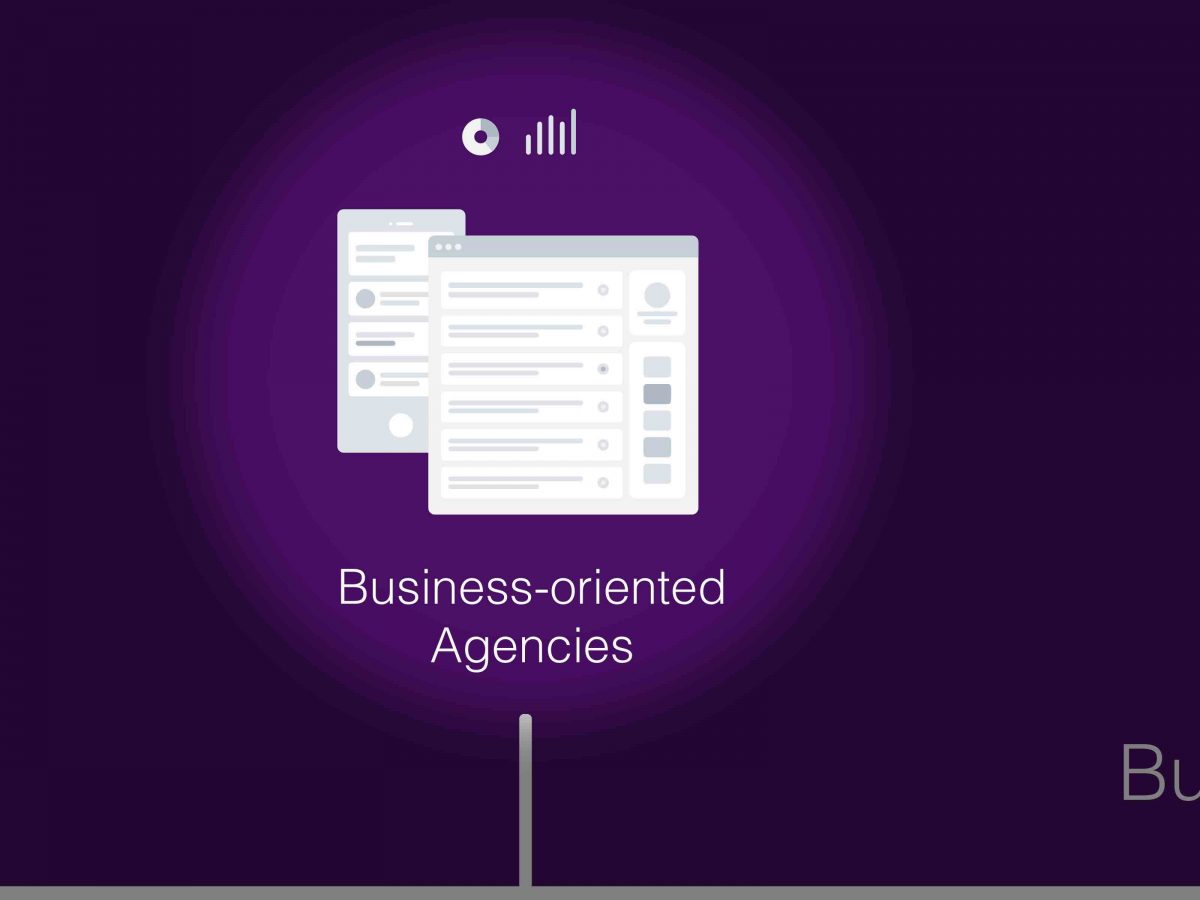You’re going to a doctor and you’re telling her “I’ve got this bruise over here, we need a heart transplant”.
You’d want to avoid a situation like this one, so you go through a diagnostic process. The two of you are sitting down as the symptoms are described. Because of her experience, the doctor is able to:
- facilitate the conversation, i.e. ask you the right questions that she needs in order to
- draw the right conclusions and diagnose
How does that translate to a tech company?
“I got a bruise, I need a heart transplant” could
However, after going through a diagnostic process, you might eventually arrive to “customers don’t engage with our black label products as much as we wanted to” — and that’s totally different than “the company doesn’t feel modern”.
Maybe the sign-up process is the problem. It could as well be about the exit process. That would mean that redesigning every website would be an overkill when all we need is integrating Facebook/Google login buttons. Why not concentrate our forces on what matters instead of spreading ourselves too thin?
There is a problem and we don’t know what it is for sure.
Who knows what it might be? Good news: we can. You and I. As soon as we sit down and talk about it, we can discover something together. We can avoid calling for a heart transplant after seeing a bruise (and thus tilt towards becoming a hypochondriac) and actually determine what the problem is.
What does this have to do with the guide?
Most serious agencies will want to
- Agency does what you’ve asked
- This new thing is put in place
- Problem is still there
To not have that happen, this diagnostic phase is done by all serious agencies. They need to scope the problem.
That means more responsibility on both sides but ideally it means an actual problem is getting an actual solution. Not patching the boat but fixing the hull.
Most serious agencies will charge for that. I know, a bit scary — here’s where the previous parts of the guide come in handy, in order to pick the right group of people. They do that because usually a couple of discussions won’t get too deep into the problem.
What does that mean practically?
It means the agency will want to find out what’s the purpose of the company in the first place. If you’re the founder, why did you start it? If you’re not the founder, what was the initial direction?
What made you successful in the first place?
What about your users? Who are they? No, white males 28 to 35 won’t do. Tell me their backstory. Where do they go out and eat? Where do they spend their leisure time? Are they diehard football fans or they just don’t care about sports?
What about the voice of your company? How does it sound like? What words does the company use when it speaks directly to their consumers?
And on and on.
About Ch Daniel
I run Chagency_, an experiences design agency that specialises on helping tech CEOs reduce user churn. We believe experiences are not only the reason why users choose not to leave but also what generates word of mouth. We’re building a credo around this belief.
If I’ve brought you any kind of value, follow me and get in touch here: LinkedIn | Twitter | Email | Quora | YouTube (same content but in video)
I’ve also created an infinitely-valuable app for sneaker/fashion enthusiasts called Legit Check that impacted hundreds of thousands over millions of times – check it out at chdaniel.com/app
Please share this with someone and subscribe to our newsletter!— helps us keep pumping content?




